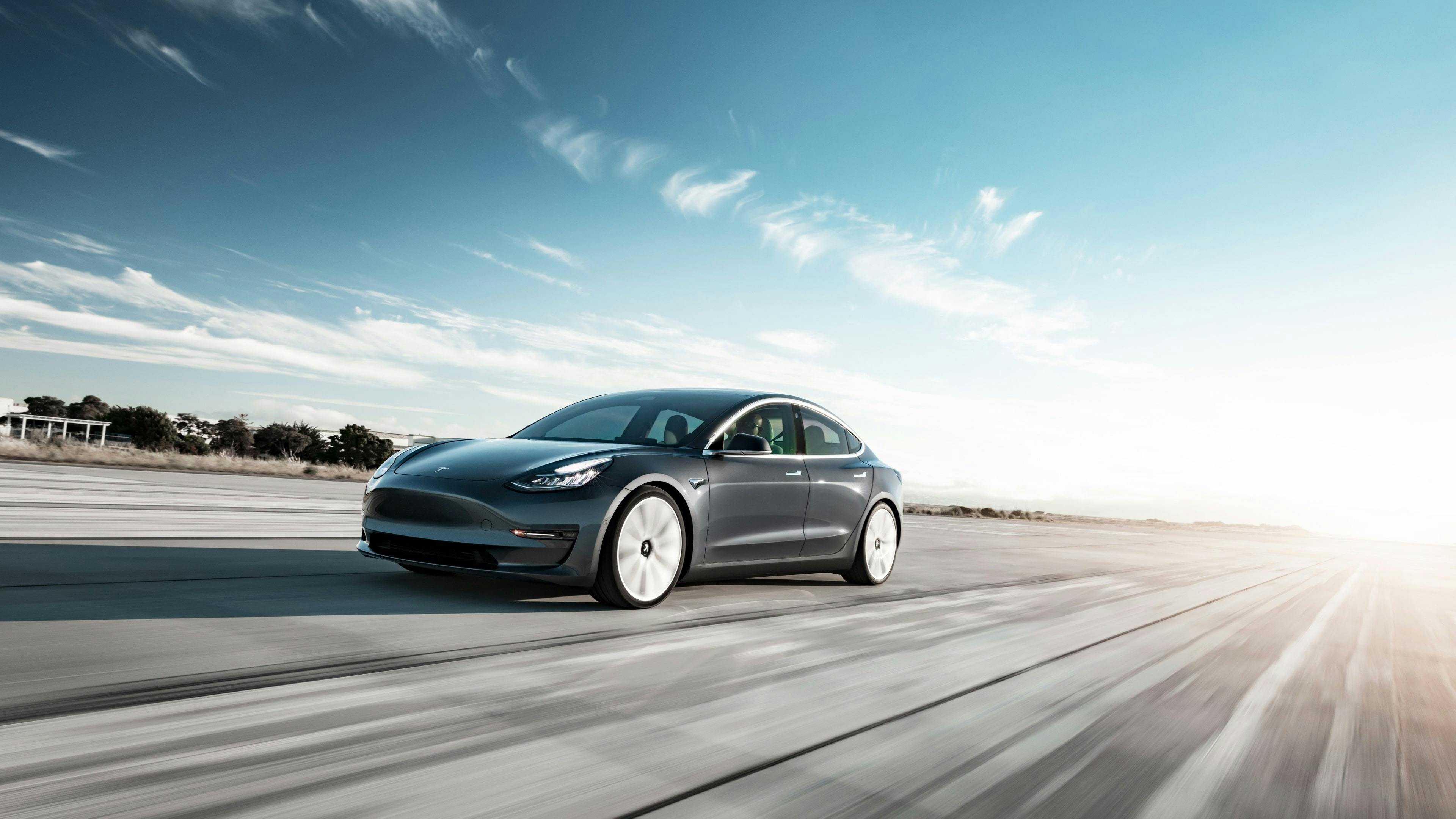
How Much Does Electric Car Insurance Cost on Average? (UK; 2024)
Find out why EV insurance is more expensive than an ICE equivalent here.
According to research by NimbleFins, the average cost of electric vehicle car insurance is around £654, for the most popular electric car models in the UK.
The range tends to be from around £480 to £1600, but prices fluctuate largely, depending on several factors.
On average, an electric car is more expensive to insure than a petrol or diesel model – usually because a brand-new EV is equipped with expensive, complicated technology.
Of course, car insurance isn’t a straightforward figure and will depend on a wide variety of factors.
Average Annual Premiums For Popular Electric Cars 2024
According to NimbleFins, these are the average of the five cheapest quotes found for each car. The premiums are based on a 35-year-old driver with five years no-claims bonus, living in Southeast England.
Data correct as of June 2024.
Tesla Model 3: £903
Kia Niro: £440
Volkswagen ID.3: £424
Nissan Leaf: £428
Audi e-Tron: £858
Hyundai Kona: £460
MINI Electric: £403
What Is Considered When Calculating Car Insurance Quotes?
There are a number of things that are considered in order to work out your car insurance:
Your Age
Young and new drivers are often charged more as they are more likely to be involved in accidents. The same applies to drivers over the age of 75, as they are considered higher-risk drivers.
Mileage
The more you drive your EV, the more likely you are to be in an accident.
Your Job
If you work in a ‘high-stress industry’ you may be subject to higher insurance costs due to lack of concentration on the road. If your job involves driving, you will need to pay more for insurance.
Where You Park Your Car
If you have a private driveway or garage, the cost of your insurance may go down as you are less likely to be hit by another driver whilst parked than a driver who has to park their car on a public street.
Your Postcode
If you live in a busy city where there are more vehicles, you will have to pay more, as there is more chance you may sustain vehicle damage than someone who lives in a quiet countryside. Areas with higher crime rates or risks of flooding may also be more expensive to cover things such as vandalism or flood damage.
Your Driving History
This affects your insurance costs hugely – if you have claimed on your previous insurance in the last 5 years you can expect to pay more. If you have speeding offences or points on your driving licence you are going to have to pay more, as the insurer may see you as a potential risk on the road.
Your Marital Status
This might sound like an odd one, but if a married couple shares an electric car, it spreads the risk of an accident in one vehicle over two people, therefore causing the insurance to go up.
Modifications on Your Vehicle
This could influence it either way – expensive sound systems may hike the price up, whereas immobilisers or fitted rear parking sensors may bring the price down.
Additional Electric Car Considerations
There are some things that are relevant to insuring an electric car, which you don’t need to think about with a petrol or diesel car.
-
Liability cover. Due to the use of power cables, there is a risk someone may trip over and injure themselves. You’ll want to be sure you’re covered in this event.
-
Theft cover. Since your electric car will have a variety of cables, adapters, and boxes, you’ll need to ensure you are covered in the event someone steals them
-
Lease battery cover. Although slowly being phased out, if you lease your battery separately from your car, you’ll want to ensure the battery and the car are both covered in the event of an accident or a theft.
Read More
How Can I Afford an Electric Car?
As electric cars are still so expensive, many drivers are worried about how they can afford to own an EV. In this article, we discuss what finance options are available, the Government grants and other ways to own an electric car.
Why Are Electric Cars So Expensive?
Buying a new car comes with the expectation of a high cost. But electric vehicles, the newest trend taking the automotive industry by storm, seem to be even more expensive. What is it that makes electric vehicles so expensive? And will you save money in the long run? Find out in this article.
How Much Does an Electric Car Cost?
If you’re starting to think about plugging into the electric revolution, you need to know what sort of budget you need before you can commit. Find out how much electric cars cost in this guide.
How Much Does it Cost to Run an Electric Car Vs an ICE?
Before you commit to buying an electric car, you need to know how much it costs to drive one day-to-day. Read this article to learn more about electric car running costs, including insurance, servicing, tax and charging.